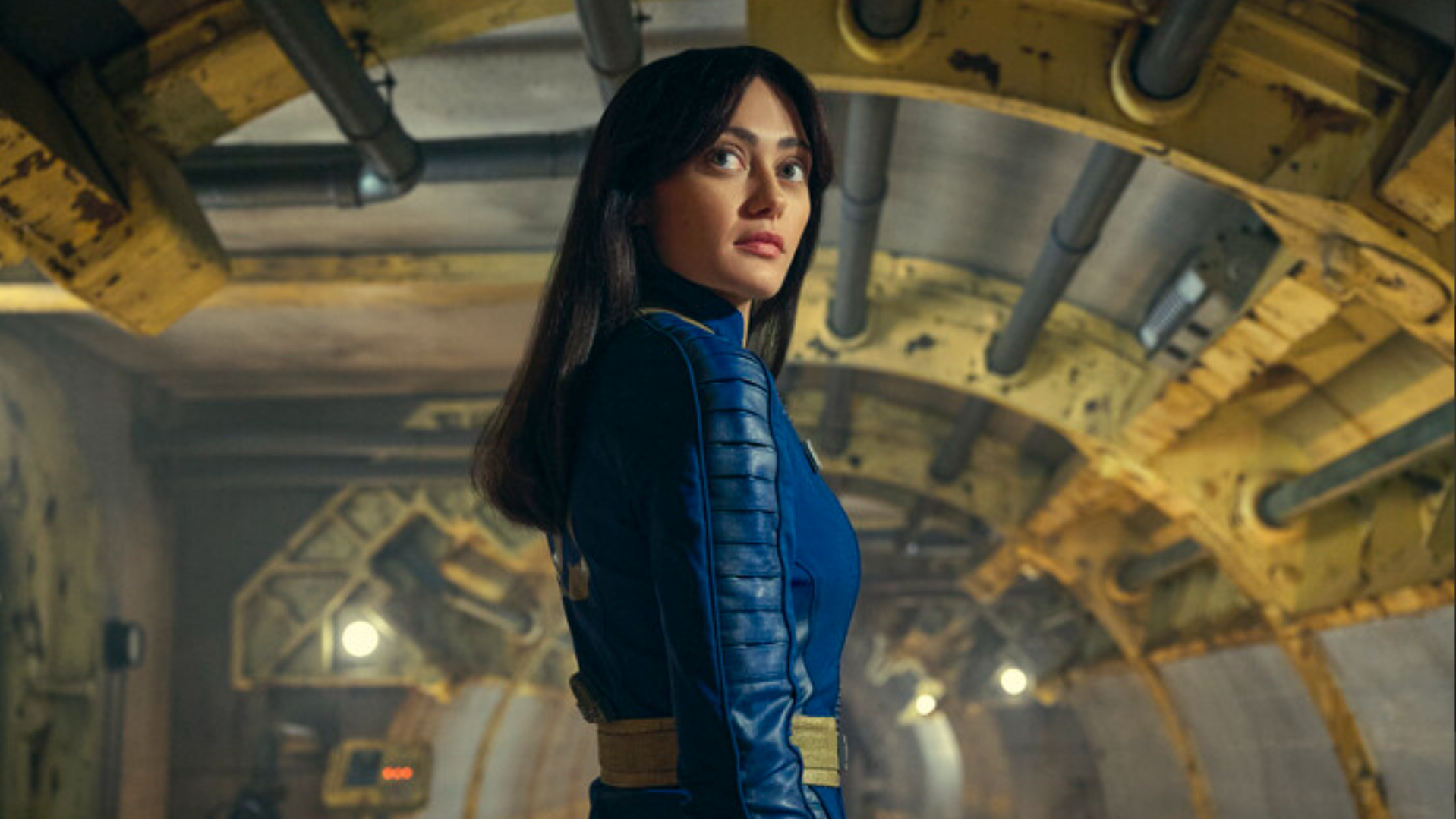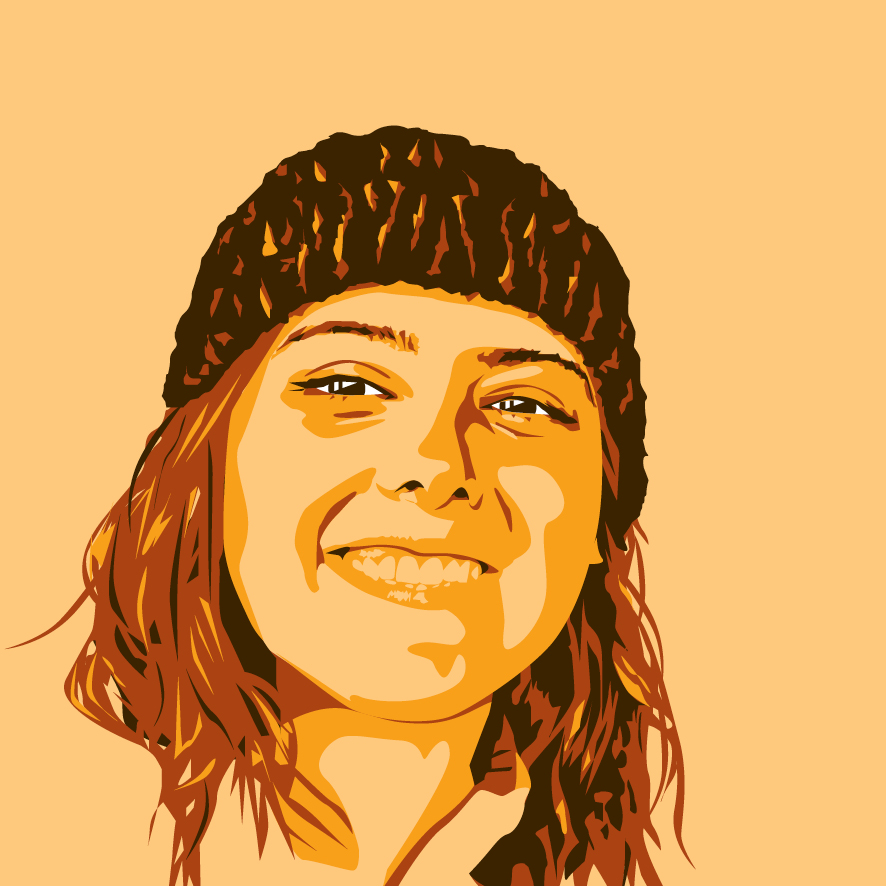You can't explore the Wasteland like you used to, but the Fallout TV show is still trying to represent the gamers with 'three archetypal main characters'
There's a role for everyone.

I wouldn't say that I'm much of a control freak, but watching ex-Vault dweller Lucy MacLean wander through a junk-filled convenience store in Amazon's Fallout TV series and not take everything that isn't bolted down made me more than a bit restless—but that's just something I'm going to have to get used to. The upcoming Fallout TV series doesn't lend viewers the same kind of agency that you'd find in a game, but it at least tries to emulate it.
"I think one of the big challenges of adapting a videogame to TV is you're changing the entire format," actress Ella Purnell, who plays Lucy, tells me. "It's not as easy as adapting a book or creating a biopic about someone's life. You're going from a first-[person] experience, and you're essentially creating a story within that world, where you're taking away the major element that people play the game for, which is the ability to choose."
To try and help those like me who perhaps have a few issues with giving up control and agency over how the Wasteland is explored, the TV show has come up with a compromise. The ability to do what you want in an RPG is replaced by the inclusion of three archetypal main characters: The Ghoul, who serves as an outlaw and a gun for hire; Lucy, a former Vault dweller; and Maximus, who's a member of the Brotherhood of Steel. "I think they represent three kinds of characters from the games, but also three different levels of play," Purnell explains.
Everyone plays Fallout games differently, and it's not possible to emulate every single style perfectly with just three characters, but I found that the Ghoul, Lucy, and Maximus each correspond to a certain category of player.
There's the altruist who tries to help everyone in the Wasteland, whether that be rooting out feral ghouls or just running small errands—they'll do anything to try and make the world of Fallout a better place. Lucy clearly falls into this group with her unfaltering optimism and faith in the people she encounters. Then you have Maximus, who acts like the kind of player who just wants to b-line the main story, solving most problems with violence or whatever is quickest. And finally, you have the Ghoul. He's like the max-level player who should have completed the main storyline years ago but instead likes to walk around the Wasteland and pick fights they're way overpowered for.
I only watched the first two episodes of the TV series, so I can't speak for how these characters will progress through the story, but at the start, the differences between each character's personality, goal, and journey are different enough so that it doesn't feel like you're missing out on cool experiences. The changing tones, from Maximus' emotional and life-threatening experiences with the Brotherhood of Steel to The Ghoul's comical and badass journey to try and get a big payout, were broad enough to always keep me interested. The TV show still doesn't trump exploring the Wasteland for yourself, but it does come surprisingly close.
Keep up to date with the most important stories and the best deals, as picked by the PC Gamer team.

Elie is a news writer with an unhealthy love of horror games—even though their greatest fear is being chased. When they're not screaming or hiding, there's a good chance you'll find them testing their metal in metroidvanias or just admiring their Pokemon TCG collection. Elie has previously worked at TechRadar Gaming as a staff writer and studied at JOMEC in International Journalism and Documentaries – spending their free time filming short docs about Smash Bros. or any indie game that crossed their path.

